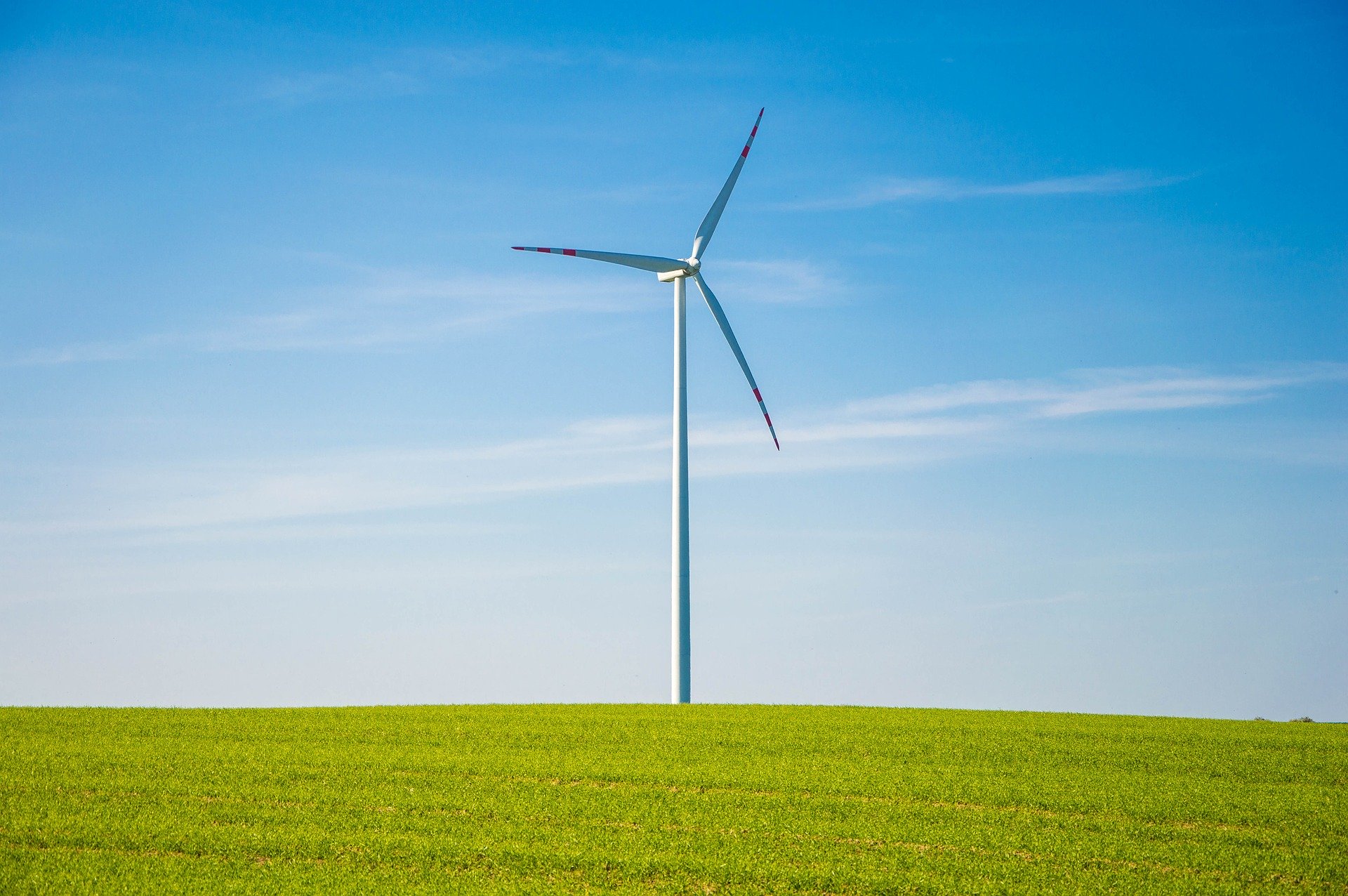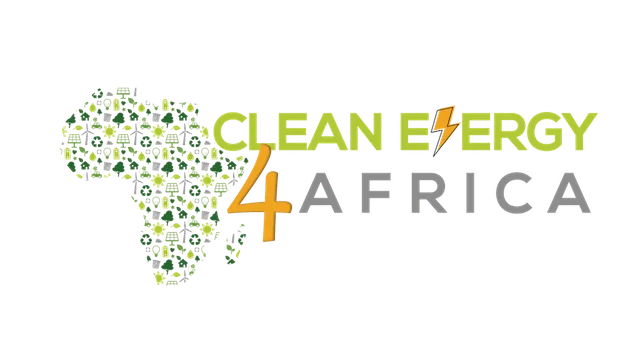
There is no doubt that wind power has become a mainstream renewable energy technology. Not only does the technology provide a source for electricity but moreover it represents the potential for a greener development pathway. Although the term “off-grid” system is a very broad one yet it simply suggests an independent system where electricity is not provided through main grids or by a main power infrastructure. In other words it is a system which has a semi-autonomous capability to satisfy electricity demand through local power generation.
There are many different kinds of off-grid renewable energy systems. These may range, from single-home rooftop PVs to solar lanterns, to PV street lighting and telecom towers, small wind turbines wind pumping systems to off-grid fridges/refrigeration systems. Unlike diesel and gasoline generators, which may also be designed as “off-grid energy” systems, “off-grid renewable energy” systems however face challenges in their diffusion and consequently as a result represent a small percentage of the total installed renewable power.
There are definitely many reasons for choosing off-grid wind power systems. Few key ones involve the positive enhancement of societies, economies and natural environments. From a project developers’ perspective these systems provide a large potential market, which can cover a wide range of applications with relatively reasonable costs. In spite of this, many challenges may interfere with the diffusion and the success of such systems.
The basic aim of this study lies in identifying the present magnitude of off-grid wind power systems worldwide and exploring the best possible means in planning for these from a developer’s perspective. Practical steps in which project developers need to be aware of and vigilant with, shall represent the core of the study. A more comprehensive set of guidelines and recommendations shall be concluded from the process. Moreover and in the course of the process, the significance of such systems with respect to sustainable development, climate change and energy altogether shall also be briefly discussed and highlighted. The factors investigated in this study include the acceptance of stakeholders (local inhabitants in particular), the securing of the financing of the projects, and supporting policies and incentives.
As a conclusion the study provides a set of self-interpreted recommendations along with a flow chart. The concluded summary indicates some key factors that project developers should be aware of and careful when dealing with; these which include: the choice of the site, verification of projects’ economics along with the securing of a convenient finance. The recommendations also point out the great advantage in having local developers as these tend to be more capable in building relations with the local citizens and politicians.

This a very detailed research that highlights the necessary impetus for achieving clean energy.
There is alot that need to be done and one among them is stakeholders engagement and corraborration as we fast track the achievement of sustainable development goals.